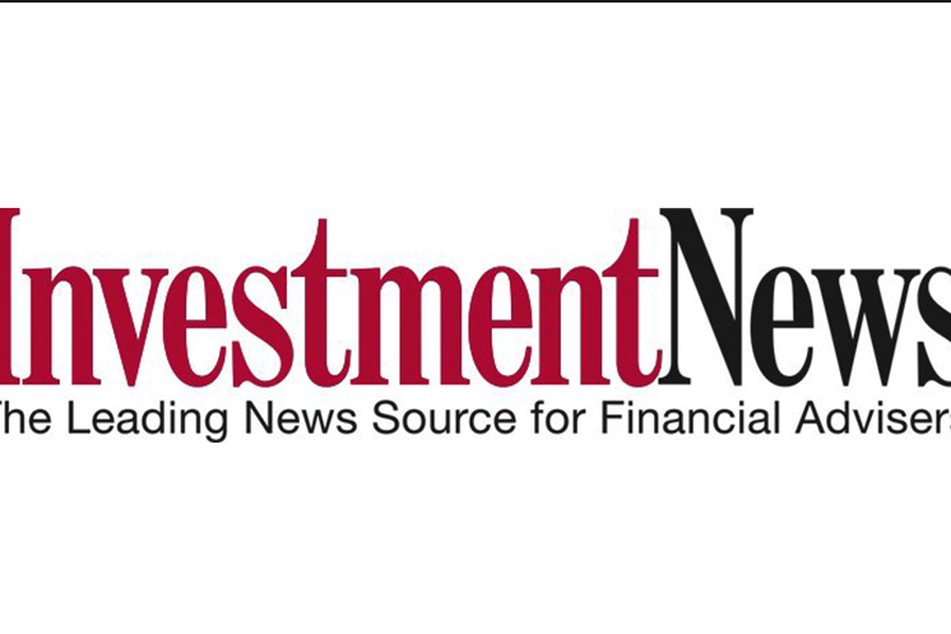Firms use internship programs to screen prospective recruits

Many advisers look at internship programs as an expensive luxury, but firms that offer them contend that they…
Many advisers look at internship programs as an expensive luxury, but firms that offer them contend that they are an important recruiting tool.
“Over 90% of our relationship managers did internships first,” said Michael Johnson, a partner at Plante Moran Financial Advisors. Since its days as an accounting firm in the 1950s, Plante Moran has used internships as a way to help it hire employees.
“We see them not as cheap labor but as recruiting internships,” Mr. Johnson said.
Like other advisory firms that offer internships, Plante Moran uses them to lock in new talent while invigorating the current staff, he said.
Top students in financial planning programs are profitable hires even during their stints as interns and can bring unexpected benefits to the firms at which they work.
Among the positives: They pour new enthusiasm into projects that have languished because of a lack of time and give younger staff members management experience and vacation relief. Many also bring a sense of youthful fun that can infect an entire office.
Intern Andrew Stumbo, for example, gets the entire staff at Yeske Buie’s Vienna, Va., office to participate in a digital version of the TV show “Don’t Forget the Lyrics,” said chief executive Elissa Buie.
“Yesterday it was the lyrics from “The Fresh Prince of Bel-Air,’” the 1990s television sit-com that made a star of actor Will Smith, Ms. Buie said. “He put the first line up on the internal instant-messaging system, and one by one, everyone followed up with the next lines.”
Yeske Buie has had such a good experience with the internship program it started in 2008 that it has expanded it, a common experience among advisory firms. The firm has hired four of its interns as advisers.
“My staff would be very unhappy if we said we were going to [discontinue] the internship program,” Ms. Buie said. “They use the interns. Younger staff gets to learn about managing people and training. We already have a list of projects for the interns who are coming in May.”
SOLID CONTRIBUTIONS
One project developed by an intern at Fox Joss & Yankee LLC is a presentation the firm now regularly uses to help its pre-retiree clients determine their best strategy for taking Social Security benefits, the type of useful project that often falls through the cracks at a busy firm.
“Interns produce work product by the end of the summer,” said Jon P. Yankee, chief financial officer and co-founder of the firm, which is bringing on its first intern as an adviser in July.
Mr. Yankee recently wrote a white paper to answer questions he hears from other advisers who are thinking of starting their own program.
“Most advisers are so busy, they barely have time to focus on building their business,” he said. “The idea of having to supervise, train and find work for someone is daunting.”
Then there is the issue of salary, which might mean a pay cut for a sole practitioner.
“That holds a lot of them back,” Mr. Yankee said. Advisers and interns involved in programs all agree that firms should pay their interns. The firms said they base the pay rate on what they would expect to pay an employee with the same qualifications.
It also takes an investment of time to put an internship program together, said John Locke, president of Cornerstone Advisors Group LLC and an investment adviser representative with Cambridge Investment Research Advisors Inc.
Along with developing a relationship with university financial planning programs for recruitment, the firm must make a plan for the intern’s stay.
“It is very difficult, if you are running a practice, to allocate the time to be a true mentor to an intern,” Mr. Locke said. But that commitment is balanced by the contributions the interns make to helping the firm meet its annual goals.
“It wouldn’t be possible without them,” Mr. Locke said.
Ms. Buie and her partner designed their internship program and ran it through the first summer. After that, they handed it off to staff members to give them management and leadership experience.
As for developing written processes for interns to follow, that can be a good first-year intern project.
“The intern might sit behind a client services person who is doing quarterly reports and take notes on each step to develop a written process,” she said. “That is good for the firm and good for their résumé.”
The most successful internship programs pay off both for in-house staff members and the student, Mr. Johnson said. “Not, “I think this summer I will get an intern so I can have some time off,’” he said. “Treat them like they will be here the next 10 years, because that is how they are evaluating it.”
GET THEM IN THE FRAY
It makes some advisers nervous, but a good internship should involve direct client contact, the advisers all agree. Some caveats are that clients should be asked in advance, and interns should receive advance guidance on their participation, which is usually as a mostly silent observer.
“The interns do meeting preparation and help the adviser do the analysis,” Mr. Yankee said. “The meeting is where they put it all together.”
Meetings were a highlight for Ginnie Baker when she interned with Fox Joss & Yankee last year. She will join the firm as an associate adviser in July.
“It made me feel appreciated and welcomed, and kind of honored, in a way, that they trusted me to do this,” Ms. Baker said.
With an internship under their belt, strong students become attractive prospects for other advisory firms, and part of a good program involves keeping track of interns in order to keep them interested in a future at the company at which they started, Mr. Johnson said.
Plante Moran stays in touch with students through their senior year and keeps them involved with the company by including them in company events. Mr. Locke invites interns to industry conferences and invites them to participate in annual company planning sessions.
“If an internship goes well, the retention rate and potential for success is much higher,” Mr. Johnson said. “You have three months in-vested in them, and there are always going to be plenty of companies that want to leverage the experience you paid for.”
Learn more about reprints and licensing for this article.






